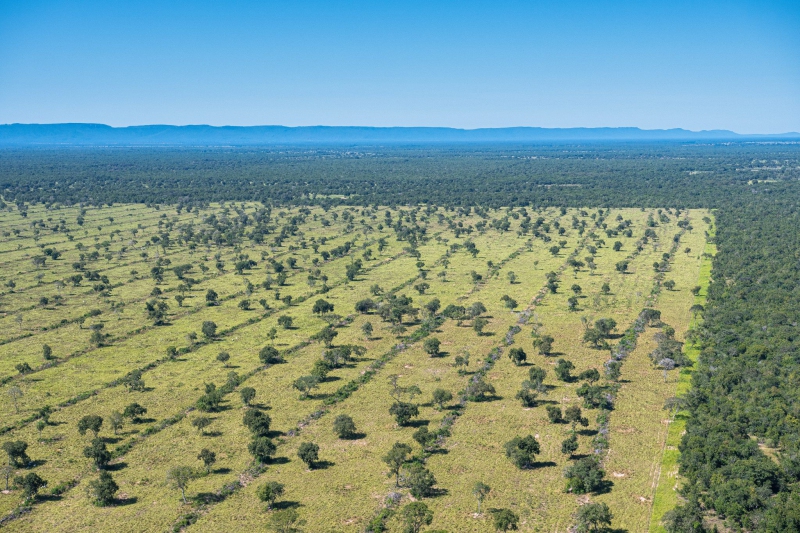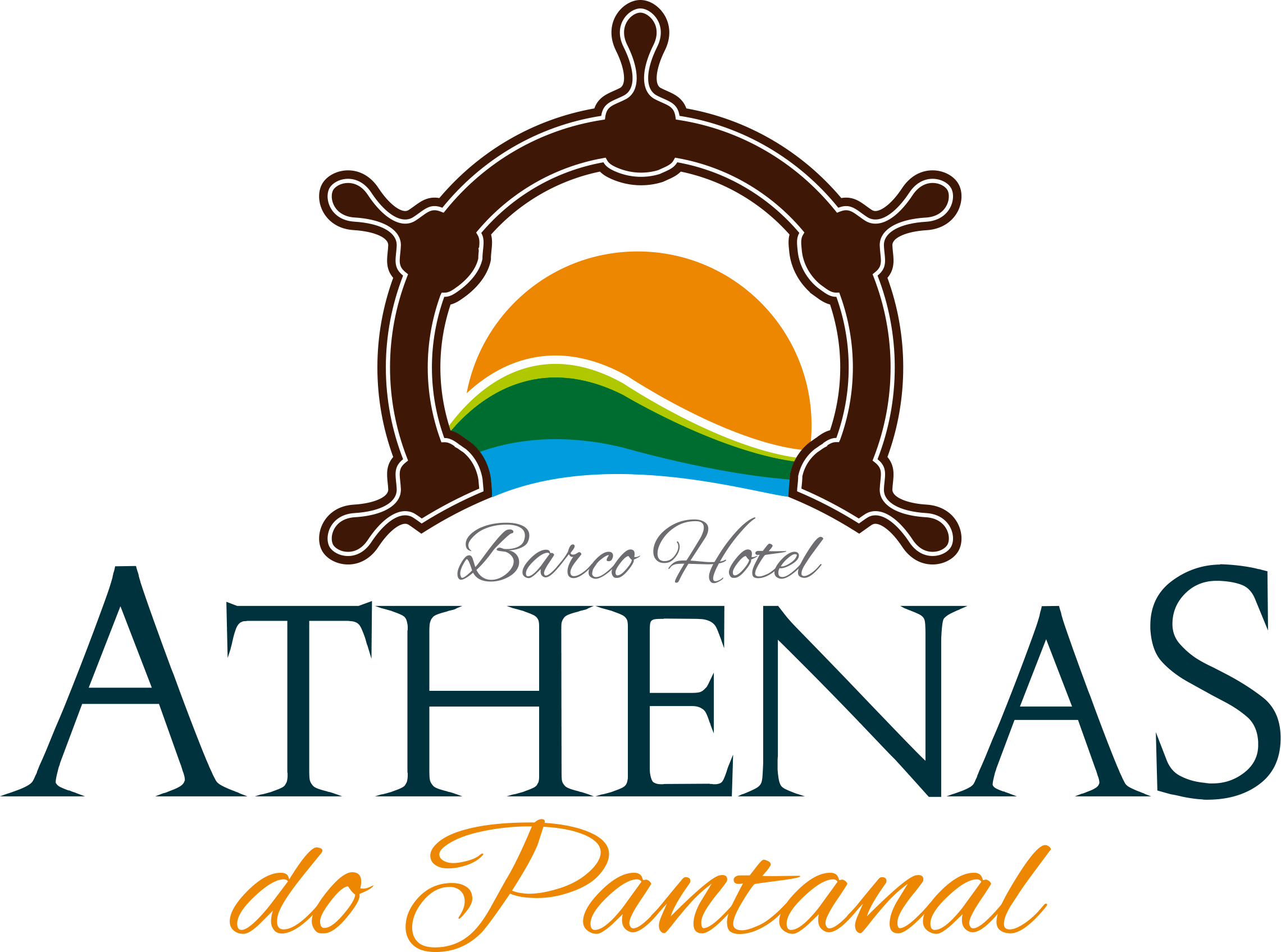
Na última terça-feira (12/07) os deputados da Assembleia Legislativa do MT (ALMT) aprovaram o Projeto de Lei (PL) nº 561/2022 que altera e flexibiliza a Lei nº 8.830/2008, conhecida popularmente como a “Lei do Pantanal do MT”.
Essa nova legislação aprovada flexibiliza o uso de terra dentro da planície, permitindo legalmente:
- Uso das Áreas de Proteção Permanente (APP) e Reserva legal para o pastoreio do gado, desde que não ocorra supressão de vegetação
- Facilita a limpeza de pastagem (elimina a atual lista de espécies permitidas para limpeza e deixa isso a cargo de autorização da SEMA);
- Permite a restauração de gramíneas nativas e áreas de reserva legal (permite a ação para evitar que outras plantas cresçam, favorecendo as gramíneas para pastagem)
Lado bom e lado ruim
Fizemos um levantamento minucioso da nova lei e listamos os pontos positivos e negativos desta nova legislação que aguarda a sanção pelo governador do MT
Pontos Positivos:
- Deixa mais explícita a proibição a culturas de larga escala na planície, como cana e soja, atividades agrícolas e pecuárias intensivas. Apesar de a lei atual já restringir esses usos, vemos como positivo esse reforço;
- Veda a instalação de Pequenas Centrais Hidrelétricas (PCHs), usinas de álcool e açúcar, carvoarias e mineração na planície – com exceção para extração de areia, argila, saibro e cascalho, outorgadas pela autoridade competente (línea retirada do código florestal) – rol de atividades de interesse social
Pontos Negativos:
- Reduz as APPs para o padrão do código Florestal Nacional. No Pantanal do MT elas variavam entre 50 e 100 metros, agora passam a ser exigidos apenas 30 metros, até 50 em alguns casos;
- Elimina a proteção a corpos d’água efêmeros (Rios que existem somente quando fortes chuvas acontecem, que são as chamadas torrentes);
- Apesar de proibir atividades como plantio de soja e cana citadas acima, outras atividades de médio e alto grau de poluição e/ou degradação ambiental dentro da planície não são vetadas, abrindo uma brecha na lei para essas atividades
Principais preocupações
Após analisarmos o texto, identificamos alguns pontos que trazem preocupação em relação a nova legislação:
- Como será essa restauração de gramíneas nativas em reserva legal? Não foram colocados limites ou quaisquer detalhes sobre esta atividade, o que na prática pode levar a utilização de técnicas para suprimir o crescimento de árvores e arbustos dentro da reserva legal.
- O turismo rural e ecoturismo estão agora permitidos em quaisquer áreas, inclusive de reservas legais. O problema aqui é que não se tem um dimensionamento do que sejam essas atividades turísticas. Podem ser grandes empreendimentos turísticos com alto potencial de impacto.
Conquistas da mobilização de organizações e parlamentares
O primeiro texto do PL deixava em aberto diversos pontos na lei que poderiam ser interpretados e utilizados de forma destrutiva. Atuamos em parceria com diversas organizações e ao final, foram inclusos alguns trechos que melhoram o texto e dão um maior segurança para o bioma, como:
- Limitação da conversão de gramíneas nativas por exóticas até 40%, de acordo com recomendações da própria Embrapa (projeto inicial não trazia um limite);
- Melhor definição do tipo de infraestrutura permitida, pois no primeiro texto isso estava muito vago. Nova redação a partir de emenda:
-
A instalação de obras e atividades de utilidade pública, interesse social e aquelas com finalidade de permitir ações preventivas e de combate a incêndios florestais, serão autorizadas mediante licenciamento ambiental, na forma do regulamento.
Considerações finais
O projeto de lei, apesar dos poucos ajustes positivos, continua sendo de forte flexibilização da proteção ambiental em relação a legislação atualmente em vigor, o que preocupa quando observamos o cenário de flexibilização constante que o Pantanal vem sofrendo.







